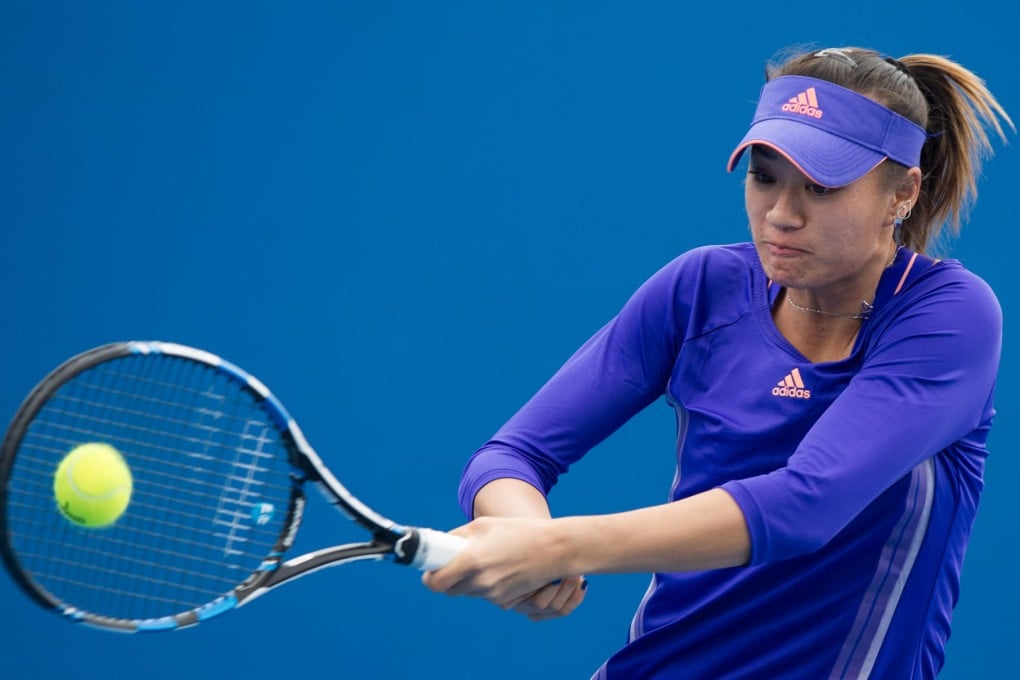Talented Coco groomed to be the next Li Na
Xu Shilin - the first Chinese girl to be No 1 in world junior rankings - has set her sights on winning a grand slam title before she is 20

China has begun its search for the next Li Na, and one of the juniors with the talent to replace the country's two-time grand slam champion may speak better English than she does Chinese.
Xu Shilin, who has just turned 17 and goes by the English name Coco, was the first Chinese girl to be No 1 in the world junior rankings and won the gold medal at the Youth Olympics last year. Her goal is to win a grand slam title before she is 20.
"It is a goal and a dream. Of course, I'm working toward that," she said at the Australian Open, where she was the top seed in the girl's singles before losing on Wednesday in the third round. "I think anything is possible."
Coco got tough. She grew up. She saw how difficult it was for her parents
Xu's parents decided to develop her talents outside China's sports system, choosing to move to Florida where she could train at top private academies.
Such freedoms were only made possible due to Li and a few other players who broke free from the state system and were allowed to manage their own careers and keep prize money. Xu's parents made a big decision when they saw how much talent she had at the age of eight. Her father, Xu Yang, sold the small tennis club he owned in Guangdong and moved the family to Florida for nearly six years.
"Her father rolled the dice," said Xu's manager Terry Rhoads, managing director of Shanghai-based sports consulting firm Zou Marketing. "They didn't live well. They struggled."
